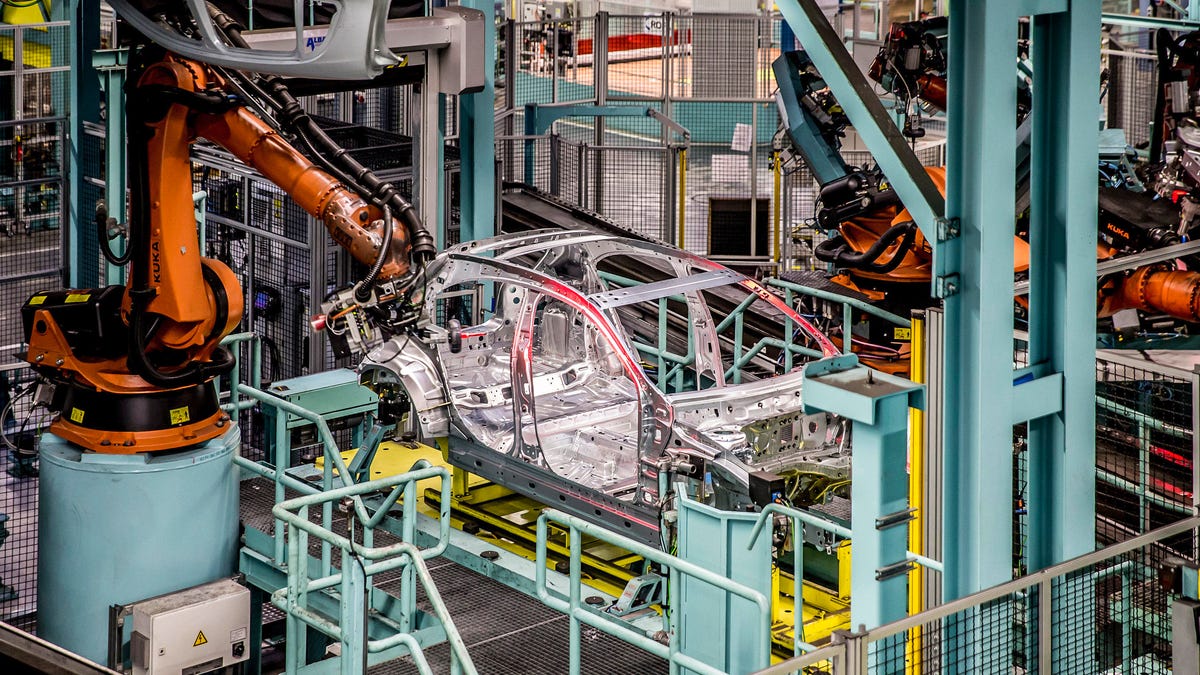US probe to determine if car imports 'impair the national security'
It could lead to tariffs on imported vehicles, and foreign OEM stocks are already slipping.

The traditionally separate spheres of national security and the auto industry will soon come together as the US Department of Commerce launches an investigation into vehicle imports.
Wilbur Ross, the Secretary of Commerce, has launched an investigation under Section 232 of the Trade Expansion Act of 1962 to determine "whether imports of automobiles , including SUVs , vans and light trucks , and automotive parts into the United States threaten to impair the national security."
A Mercedes-Benz factory in Hungary assembling the new A-Class.
"There is evidence suggesting that, for decades, imports from abroad have eroded our domestic auto industry," Ross said in a statement. "The Department of Commerce will conduct a thorough, fair and transparent investigation into whether such imports are weakening our internal economy."
He goes on to cite data showing that imports have grown to cover just under half of cars sold in the US today, and even though Americans are buying cars in record numbers, US employment in motor vehicle production has dropped. It also pointed out that US-owned manufacturers only account for 20 percent of global research and development in the auto industry.
Ross is clearly concerned that Americans are getting a raw deal somewhere. The US is an important market for many foreign automakers, several of which have large operations within the country and employ thousands of Americans. Placing tariffs on these automakers, which is a potential outcome of this investigation, could potentially impact those workers. Investors seem to agree, as share prices of many foreign OEMs took a dip this morning.
But they won't go down without swinging. Foreign governments have signaled that they are willing to defend their interests. Gao Feng, spokesman for China's Ministry of Commerce, suggested in a press conference that "the abuse of national security clauses... will seriously damage multilateral trade systems and disrupt normal international trade order," Reuters reports.
Germany's not exactly pleased, either. "To cite aspects of national security as justification is totally constructed and far-fetched," said Eric Schweitzer, head of German's DIHK Chambers of Industries and Commerce, again according to Reuters. "We almost have to take this as a provocation. I gain more and more the impression that the United States no longer believes in competition for ideas and customers, but only in the right of the supposedly stronger."

